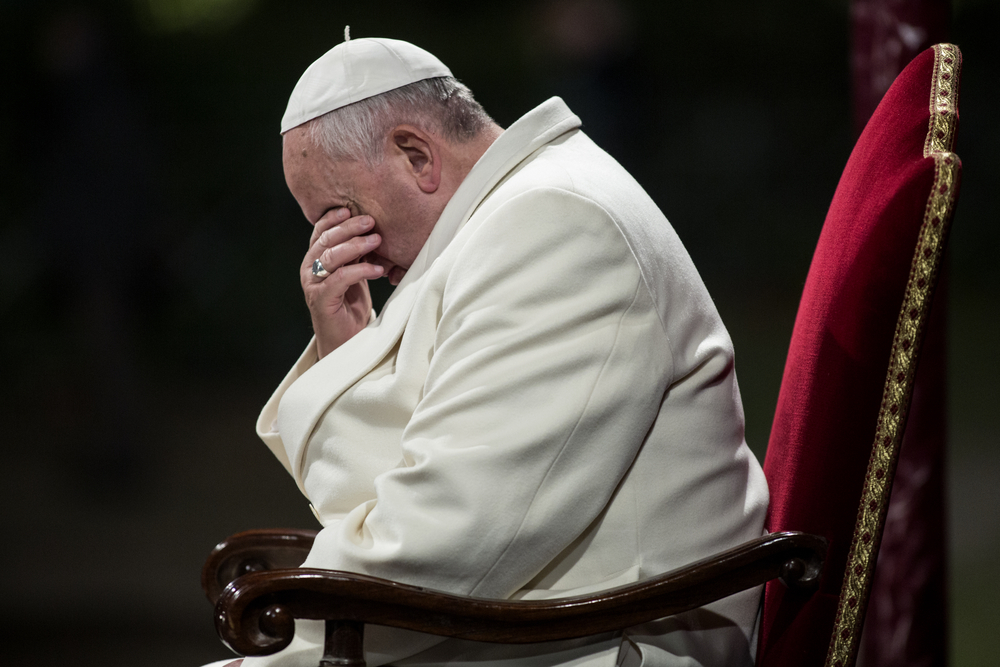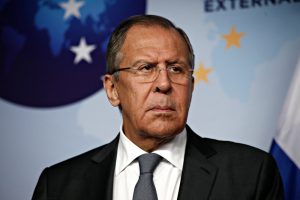Upcoming Papal Succession Expected to Be Highly Politicized
Others are reading now
Throughout history, transitions of power in religious institutions have often been just as complex and politically charged as those in governments.
The Catholic Church, with its deep traditions and global influence, is no exception.
Whenever a pope nears the end of his tenure, internal factions, ideological divides, and even external political forces begin to shape the selection of his successor.
This delicate process can determine the Church’s direction for decades to come.
Also read
Health Deterioration and Urgent Measures
Pope Francis, 88, has been hospitalized with a severe respiratory infection, raising concerns about his ability to continue leading the Catholic Church.
Vatican officials have described his condition as a “complex clinical picture,” and he has been forced to cancel multiple public appearances, including his Sunday Angelus address.
According to Digi24, sources close to the Vatican say the pope has privately expressed fears that he may not recover.
Amid these health concerns, Francis has taken decisive steps to secure his legacy. Earlier this month, he extended the term of Cardinal Giovanni Battista Re as dean of the College of Cardinals.
This role is instrumental in organizing the next conclave—the secretive gathering that elects a new pope. By keeping Re in place, Francis is ensuring that his vision for a more progressive Church will have strong representation in the succession process.
Political Tensions with the U.S.
The upcoming papal succession is expected to be highly politicized, particularly following a recent dispute between Pope Francis and U.S. Vice President JD Vance.
The controversy erupted after Vance cited the theological concept of ordo amoris to defend the Trump administration’s immigration policies.
Francis publicly rejected this interpretation, stating that Christian love must be inclusive rather than hierarchical.
This dispute has fueled concerns that external political forces—particularly from the U.S.—may try to influence the next papal election.
Some observers believe that conservative figures may seek to ensure that Francis’s successor is more aligned with their ideological views.
Securing His Reformist Legacy
Despite his declining health, Pope Francis continues to advance his reformist agenda.
In a landmark decision, he recently appointed Sister Raffaella Petrini as the first female governor of Vatican City, a move that signals a commitment to greater gender inclusion in Church leadership.
According to Vatican insiders, Francis’s focus is now shifting from introducing reforms to ensuring their longevity.
Whether he recovers or not, the groundwork for the next chapter of the Catholic Church is already being laid—and the battle over its future may be decided well before the next conclave convenes.








